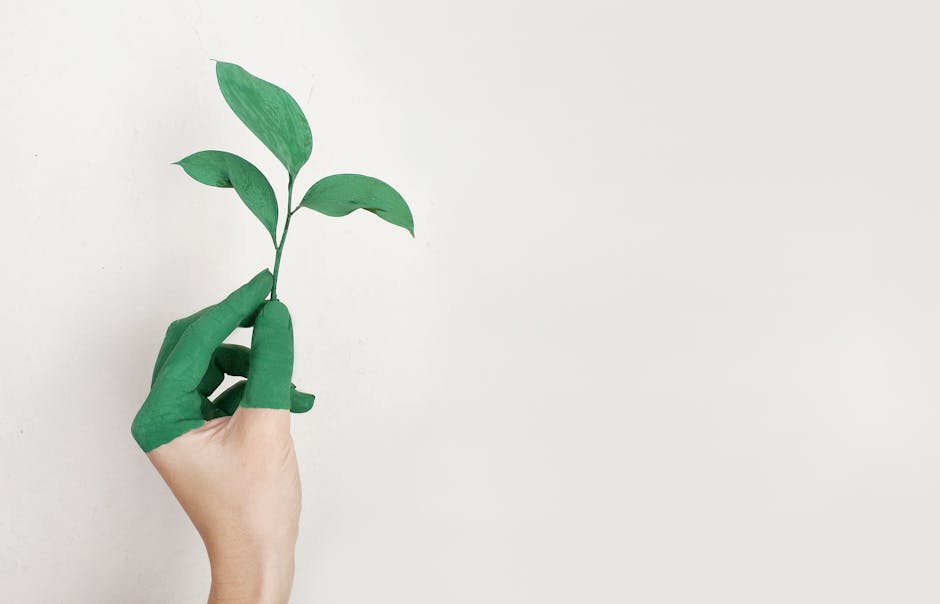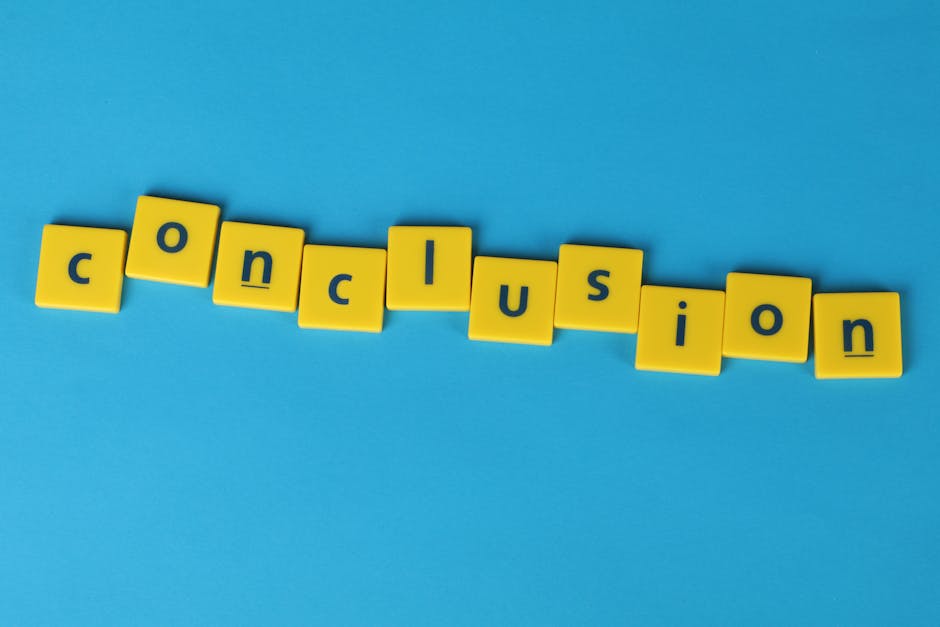Self-awareness is the foundation of personal growth and well-being. At Self IQ, we believe that understanding yourself is the first step toward smarter growth and a stronger you. In this comprehensive guide, we’ll explore what self-awareness truly means, why it matters, and how you can cultivate it to unlock your full potential.
What Is Self-Awareness?

Self-awareness is the ability to perceive and understand the unique qualities that make you who you are. It’s not just about recognizing your strengths and weaknesses, but also about observing your thoughts, emotions, motives, and behaviors as they unfold. This internal observation allows you to make conscious choices, respond thoughtfully to challenges, and align your actions with your values.
Self-awareness is a gradual process that evolves through different stages. Early in life, we begin by recognizing ourselves in the mirror, differentiating our thoughts from our environment, and eventually understanding how others perceive us. This journey toward deeper self-understanding is ongoing and shapes every aspect of our lives.
By shining a light on our internal world—our thoughts, feelings, physical sensations, and urges—we gain the clarity needed for meaningful change. Without self-awareness, our patterns and reactions remain hidden, making growth difficult. But with it, we open the door to transformation, resilience, and authentic living.
The Science and Psychology Behind Self-Awareness

Photo by cottonbro studio on Pexels
Self-awareness has been extensively studied in psychology and neuroscience. It is considered a core component of emotional intelligence and is closely linked to metacognition—the ability to think about our own thinking. Researchers have identified several levels of self-awareness, from basic recognition of oneself as separate from the environment to complex understanding of how one is seen by others.
Philippe Rochat, a prominent psychologist, describes self-awareness as developing through five levels:
- Confusion: No recognition of self in the environment.
- Differentiation: Realizing the mirror reflects something distinct from surroundings.
- Situation: Linking mirror movements to personal actions.
- Identification: Recognizing the reflection as oneself.
- Permanence and Meta Self-Awareness: Understanding the self as continuous over time and as seen by others.
These stages highlight that self-awareness is not a fixed trait but a skill that can be developed and refined throughout life. The more aware we are of our internal processes, the better equipped we are to manage stress, make informed decisions, and build meaningful relationships.
Why Self-Awareness Matters for Personal Growth

Photo by Alena Koval on Pexels
Self-awareness is the gateway to personal growth. When you understand your thoughts, emotions, and behaviors, you can identify patterns that may be holding you back and make intentional changes. This awareness empowers you to break free from autopilot living and take ownership of your choices.
Research shows that self-aware individuals are more adaptable, resilient, and successful in achieving their goals. They are better at managing stress, navigating conflicts, and building healthy relationships. Self-awareness also fosters a growth mindset, enabling you to embrace challenges as opportunities for learning rather than threats to your self-esteem.
Moreover, self-awareness is essential for emotional regulation. By noticing your emotional responses in real time, you can pause, reflect, and choose how to act rather than react impulsively. This leads to greater self-control, improved mental health, and a deeper sense of fulfillment.
Types of Self-Awareness: Internal and External

Photo by Jonathan Borba on Pexels
Self-awareness can be divided into two main types: internal and external.
- Internal Self-Awareness: This involves being aware of your own thoughts, emotions, values, and beliefs. It’s about understanding what motivates you, what triggers you, and what you truly want from life.
- External Self-Awareness: This is the ability to recognize how others perceive you. It’s about understanding the impact of your words and actions on those around you and being open to feedback.
Balancing both types of self-awareness is crucial. Focusing only on internal awareness can lead to self-absorption, while neglecting external awareness can result in misunderstandings and strained relationships. The most self-aware individuals are those who can integrate both perspectives, using them to grow and connect authentically with others.
Barriers to Self-Awareness and How to Overcome Them

Photo by Travis Saylor on Pexels
Despite its importance, self-awareness doesn’t come easily to everyone. Several barriers can get in the way:
- Denial: Avoiding uncomfortable truths about ourselves.
- Defensiveness: Rejecting feedback or criticism from others.
- Distraction: Being too busy or preoccupied to reflect on our thoughts and feelings.
- Fear: Worrying about what we might discover if we look too closely at ourselves.
Overcoming these barriers requires courage and commitment. Here are some strategies to help you break through:
- Practice self-compassion: Approach your self-exploration with kindness rather than judgment.
- Seek honest feedback: Invite trusted friends or mentors to share their observations.
- Create space for reflection: Set aside time each day to check in with yourself.
- Challenge your assumptions: Question your beliefs and consider alternative perspectives.
Remember, self-awareness is a journey, not a destination. Each step you take brings you closer to understanding and embracing your authentic self.
Practical Strategies to Cultivate Self-Awareness

Photo by RDNE Stock project on Pexels
Developing self-awareness is a lifelong practice, but there are proven techniques that can accelerate your growth:
- Journaling: Writing about your experiences, thoughts, and emotions helps clarify your internal world and identify recurring patterns.
- Mindfulness meditation: Paying attention to the present moment without judgment increases your awareness of thoughts and feelings as they arise.
- Regular self-reflection: Set aside time each week to review your actions, decisions, and outcomes. Ask yourself what went well, what didn’t, and what you can learn.
- Feedback loops: Actively seek input from others and reflect on how their perceptions align with your self-view.
- Personality assessments: Tools like the Myers-Briggs Type Indicator or the Enneagram can offer insights into your tendencies and preferences.
Experiment with different approaches to find what resonates with you. The key is consistency—make self-awareness a regular part of your routine, and you’ll notice profound changes over time.
The Role of Self-Awareness in Mental Health and Well-Being

Photo by cottonbro studio on Pexels
Self-awareness is closely linked to mental health. By observing your thoughts and emotions as they unfold, you can catch negative patterns before they spiral out of control. This proactive awareness helps you manage stress, reduce anxiety, and build emotional resilience.
For example, if you notice yourself feeling unmotivated or overwhelmed, self-awareness allows you to identify the underlying causes—whether it’s fatigue, self-doubt, or external pressures. With this insight, you can take targeted action, such as reaching out for support, adjusting your goals, or practicing self-care.
Furthermore, self-awareness fosters greater empathy and compassion, both for yourself and others. When you understand your own struggles and triggers, you become more understanding of the challenges others face. This deepens your connections and enhances your sense of belonging.
Self-Awareness and Decision-Making

Photo by Héctor Berganza on Pexels
One of the most powerful benefits of self-awareness is its impact on decision-making. When you understand your values, priorities, and emotional drivers, you can make choices that are aligned with your true self. This reduces regret, increases satisfaction, and leads to more consistent progress toward your goals.
Self-aware individuals are less likely to be swayed by peer pressure, societal expectations, or fleeting emotions. Instead, they make decisions from a place of clarity and confidence. They also learn from their mistakes, using each experience as an opportunity for growth rather than a setback.
To harness this power, regularly check in with yourself before making important decisions. Ask: “Is this choice aligned with my values? Am I acting out of fear or inspiration? What do I truly want?” By integrating self-awareness into your decision-making process, you set yourself up for long-term success and fulfillment.
Building a Self-Awareness Practice: Steps for Everyday Life

Self-awareness is not a one-time achievement but a daily practice. Here are actionable steps to integrate self-awareness into your everyday life:
- Start your day with intention: Take a few moments each morning to reflect on your goals, values, and desired mindset for the day.
- Pause and check in: Throughout the day, pause to notice your thoughts and emotions. Ask yourself what you’re feeling and why.
- End your day with reflection: Review your day each evening. Celebrate your wins, acknowledge your challenges, and identify areas for growth.
- Practice gratitude: Recognize and appreciate the positive aspects of your life and your progress on the journey of self-awareness.
By making these practices a habit, you’ll cultivate deeper self-understanding and unlock new levels of growth and resilience.
Conclusion: Embracing the Journey of Self-Awareness

Self-awareness is the cornerstone of smarter growth and a stronger you. It empowers you to understand your thoughts, emotions, and behaviors, break free from limiting patterns, and make choices that align with your true self. While the journey is ongoing, every step brings you closer to a more authentic, resilient, and fulfilled life.
At Self IQ, we encourage you to embrace self-awareness as a lifelong practice. By shining a light on your inner world, you open the door to transformation, connection, and lasting well-being. Start today, and discover the power of self-awareness to shape your future.
Sources
- https://www.verywellmind.com/what-is-self-awareness-2795023
- https://www.psychologytoday.com/us/blog/click-here-for-happiness/201903/what-is-self-awareness-and-how-do-you-get-it
- https://positivepsychology.com/self-awareness-matters-how-you-can-be-more-self-aware/
- https://en.wikipedia.org/wiki/Self-awareness
- https://www.innermelbpsychology.com.au/self-awareness-mental-health/





